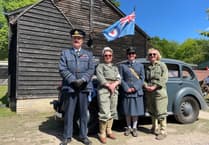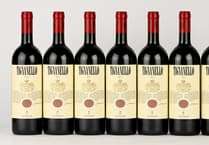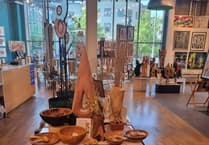FRANK Mills was one of the pioneers of motorbuses in the Woking area.
He ran his first bus between Woking and St John’s in 1912, an open-top double-decker that could seat 36 passengers.
Peeps reader Donald Green is his grandson and has supplied some memories his now late mother, Doris (nee Mills), wrote down in 1990.
She said that before her father’s motor-bus, “there were only horse and carts. Mr Kittredge delivering bread and Mr Renshaw delivering milk.
“Mr Tyler also delivered bread on a covered hand cart. My husband, when a schoolboy, helped him push it up Hermitage Road.”
Doris added: “We were a large family of six girls and three boys, and most could drive. My sister Millie was the first bus conductress in the country. She could also drive and do simple repairs.
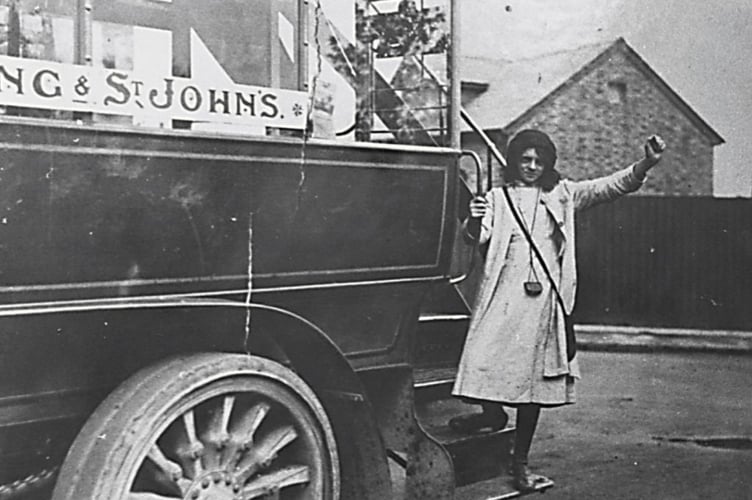
“A young lady, Edith Denyer, approached us and said she would like to drive, so my father taught her for £2, which she had to borrow from her father. All the girls worked well together.
“During the First World War, we had six small buses in addition to the double-decker. We were kept busy, mainly meeting army officers from off the London trains and taking them to Pirbright Camp, Blackdown Camp and Inkerman Barracks.
“We also had a very good driver, Daniel Wells, who lived in Copse Road.
“My mother did her share answering the phone and taking orders for cars. We must have been short of petrol during the war because our small buses had gas bags on their roofs.
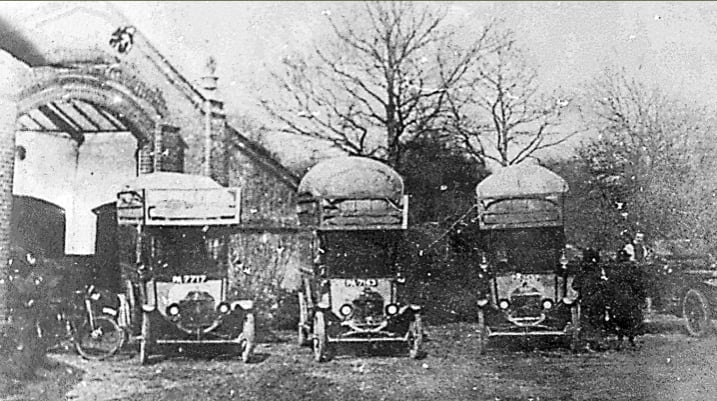
“We had a brick shed where we filled the bags with gas and it was my job to watch and see that they didn’t get too full. I was too young to drive so I also had to look after the buses while my sisters had their tea and I would call them out when the buses were full of passengers. What a busy but jolly time we all had!
“After a time Renshaw’s and Foxes had small buses and our Miss Denyer became an ambulance driver at the hospital at Inkerman Barracks. She went to France in 1918.
“After the war we used to take parties to the coast and to the Ascot and Epsom race meetings. My brother drove the open top charabancs and if it rained we had to put up the folded hood.
“Eventually we finished with the buses and started up a dress-making business. We had plenty of orders and my mother made coats and costumes, one sister made dresses another the knitting and crochet work and I helped with the sewing.
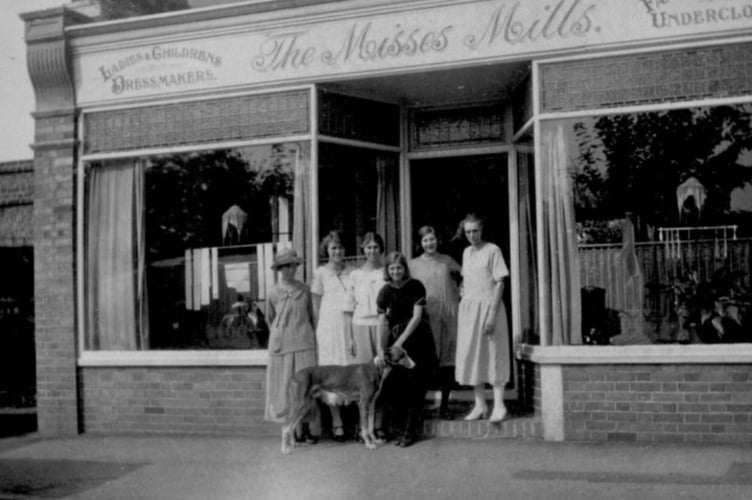
“After a time, my father started a small garage which was in Hermitage Road, St John’s. We lived in a house called ‘Daphne’.
“My father had a boathouse on the canal near Kiln Bridge and had six rowing boats. During the First World War soldiers hired these boats and rowed them up the canal to Pirbright Camp, and sometimes did not return them. We then had to go and get them.
“There was a forge in the village near the canal and we used to watch the horses being shoed. Mr and Mrs Slocock from the nursery used to come up through the village on their horses to visit the blacksmith and my father also repaired their tractors.”
If you have some memories or old pictures relating to the Woking area, call me, David Rose, on 01483 838960, or drop a line to the News & Mail.
David Rose is a local historian and writer who specialises in what he calls “the history within living memory” of people, places and events in the west Surrey area covering towns such as Woking and Guildford. He collects old photos and memorabilia relating to the area and the subject, and regularly gives illustrated local history talks to groups and societies. For enquiries and bookings please phone or email him at: [email protected]

